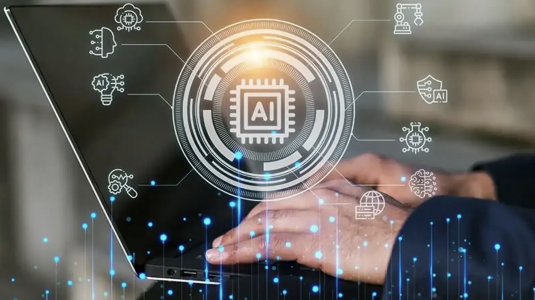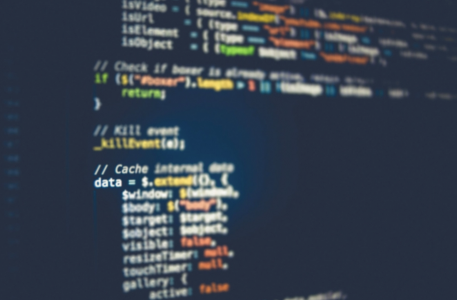The Ideation-Execution Gap
The Ideation-Execution Gap: Execution Outcomes of LLM-Generated versus Human Research Ideas Large Language Models (LLMs) have shown promise in accelerating the scientific research pipeline. A key capability for this process is the ability to generate novel research ideas, and prior studies have found settings in which LLM-generated research ideas were judged as more novel than […]
Continue Reading



